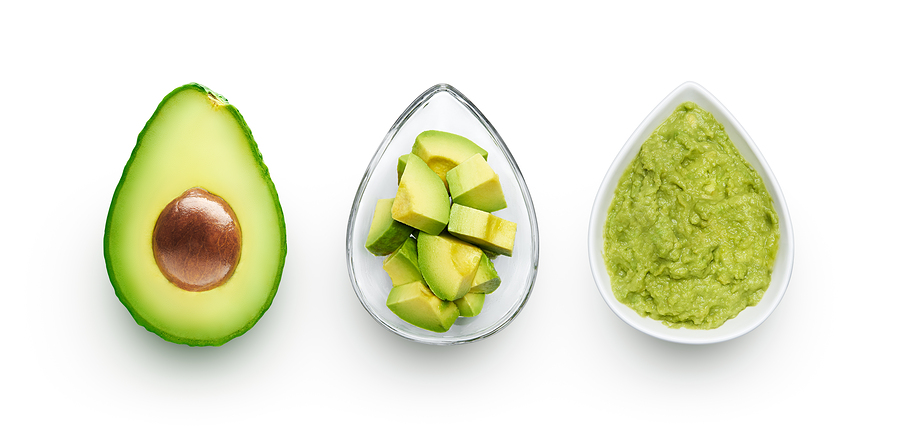The recent headline about how avocados lower bad cholesterol caught my attention. And the reason why is that the key to vascular health is addressing inflammation.
Vascular inflammation typically leads to plaque formation. This can significantly increase your potential for a heart attack or stroke.
Anything you can do to prevent vascular inflammation can help to reduce your risk for strokes and heart attacks.
One of the key contributors to vascular inflammation is bad cholesterol, which the medical community labels as LDL or Low Density Lipoprotein.
But the real cause of vascular inflammation is not LDL but oxidized low-density lipoprotein (LDL) and small, dense LDL particles.
By itself LDL does not damage the lining of your vascular system. What is call the endothelium.
Unfortunately, dietary choices create the environment for what are called free radicals. These are unstable molecules that are missing an electron in their outer orbit. To stabilize themselves they steal an electron from another molecule.
This process than creates another free radical, which continues this process until eventually damage is done to your cellular tissues. The result is inflammation.
In a recent 2015 study published in the Journal of the American Heart Association, the participants who ate one avocado per day, while following a moderate-fat diet, had an average 13.5 mg/dl drop in bad or LDL cholesterol.
Avocados Lower Bad Cholesterol
Penn State University just released information to support how avocados lower bad cholesterol.
In their randomized, controlled feeding study, they found that eating one avocado per day was associated with lower levels of LDL. But what is key to this study, and your health, is that the avocados specifically lowered both small density LDL particles and oxidized LDL.
According to Penny Kris-Etherton, a distinguished professor of nutrition at Penn State:
“We were able to show that when people incorporated one avocado a day into their diet, they had fewer small, dense LDL particles than before the diet. . . We know that when LDL particles become oxidized, that starts a chain reaction that can promote atherosclerosis, which is the build-up of plaque in the artery wall. Oxidation is not good, so if you can help protect the body through foods that you eat, that could be very beneficial.”
What was also interesting from this study is that the effect was fairly rapid. After five weeks on the avocado diet, tests showed that the study participants had significantly lower levels of oxidized LDL cholesterol when compared to their levels at the beginning of the study.
“When you think about bad cholesterol, it come packaged in LDL particles, which vary in size,” Kris-Etherton said. “All LDL is bad, but small, dense LDL is particularly bad. A key finding was that people on the avocado diet had fewer oxidized particles. They also had more lutein, which may be the bioactive that’s protecting the LDL from being oxidized.”
Not only do avocados help to protect you from oxidized LDL but they also helps to raise what is called your good cholesterol or HDL cholesterol. This is high-density lipoprotein. HDL cholesterol is protective in nature. It’s used by your body to carry the LDL cholesterol away from your arteries and back to your liver where it can be broken down for elimination.
Avocados contain healthy fats that help to increase your HDL levels. When combined with other high antioxidant foods like spinach, red bell peppers, berries, purple cabbage, red grapes, and other deeply colored fruits and vegetables, you can have a positive effect in raising HDL and lowering oxidized LDL cholesterol.
That is a winning combination. And unlike statin drugs, don’t have negative side effects.
When you can find natural ways to address your health concerns, then it become a choice to implement these natural ways. And as the recent research shows avocados lower bad cholesterol.

Leave a Reply
You must be logged in to post a comment.